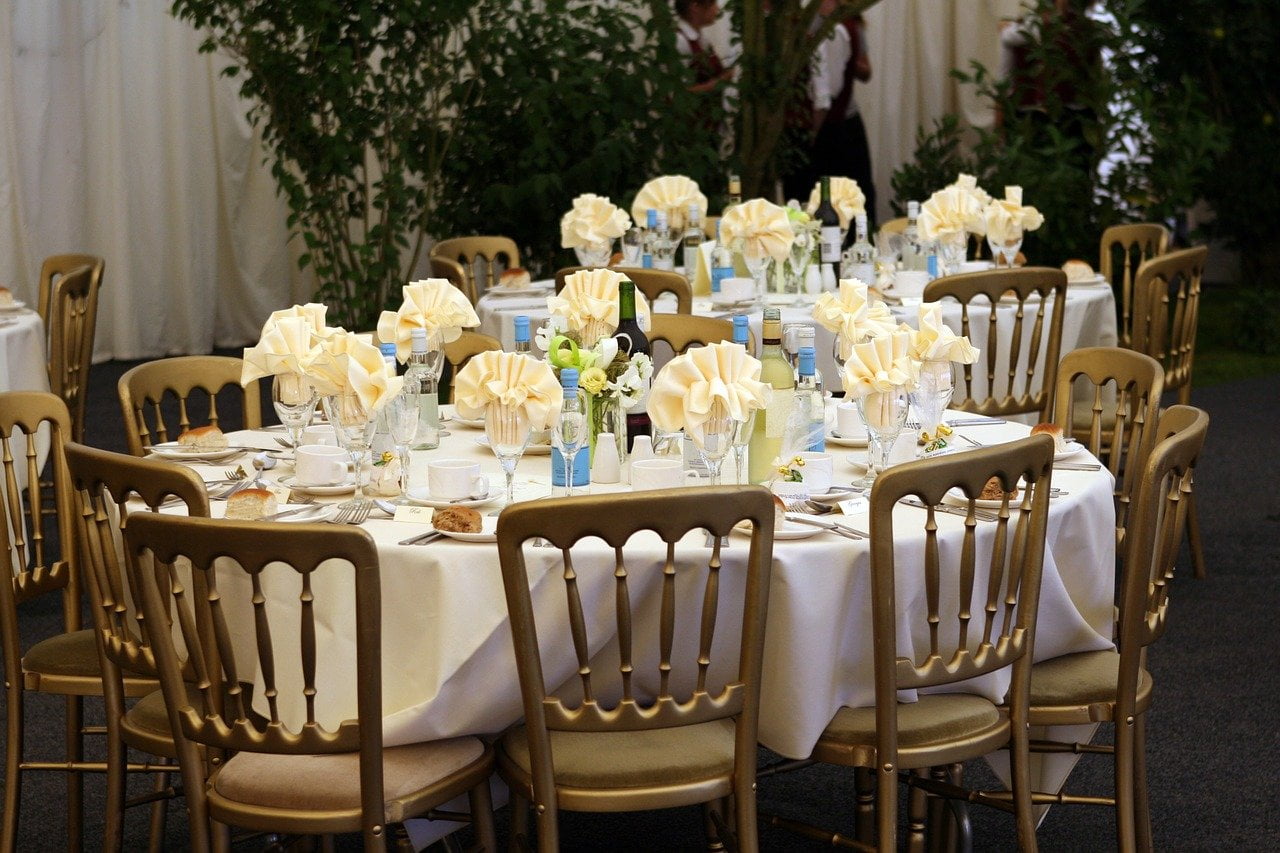If you decide to go into the catering business, you’ll need to know how to make good food at least. No one will want to pay for something that tastes and looks like sandpaper. After all, happy tummy equals happy customer and more money for you. So if you’re not naturally a good cook, you may need to take some cooking classes.
With catering, you’ll have plenty of options. You can choose to cater a specific menu, or certain types of events and clientele. Specializing will give you more control over what and who you serve so you can concentrate on mastering a particular set of dishes. You can also go the other way and serve whatever your clients order.
This has the advantage of expanding your potential client base but you’ll need to do a lot more work and have a lot more experience. Once you decide what’s best for you, you can get started on your catering business.
Who Is It For?
People who enjoy cooking for others
Anyone with good culinary skills and catering knowledge
Who Is It Not For?
Anyone who can’t handle the fast-paced nature of the catering industry
How It Works?
When it comes to selling food, there are several laws and special requirements that you need to follow such as health inspections and permits. You can look up the specific details for your location and find out what you need to get permits and anything else required for you to start your catering business. Once you’ve got the paper work out of the way, you can focus on establishing your business. What type of food you’ll offer or events you’ll cater. And even whether you’ll cook from home and deliver the food or you’ll cook on the premises where the food will be served. With the first option, you’ll need to look into getting special equipment for keeping the food warm or cold until it’s served.
A catering business gives you the opportunity to choose whether you want to serve the private or corporate sector. For the private sector, you can offer catering services for birthdays, weddings, anniversaries, and funerals. On the other hand, for the corporate sector you can cater business events such as office parties, awards ceremonies, conferences, networking events and more.
You can set your own prices and create menu suggestions to offer clients who may ask for advice on what to serve for their events. Prices are usually set per plate and this system makes it easier for you and your client.
What We Like?
You can start out small, catering events you can mange on your own to get experience and practice, according to your start-up costs. It’s a wonderful way to connect with people from different walks of life
You can work with the kitchen utensils and equipment you already have at the time.
What We Don’t Like?
Success of the business depends on whether people like your food and taste can be subjective. A bad meal can generate bad reviews and hurt your business Mishandled food can make customers sick, creating potential liability issues
Requires a lot of organization and planning skills, plus a commitment to being on time
Lots of requirements to get started and you might even need to get a whole other kitchen in accordance with the law
How Much Can You Make
If you maintain high quality meals you can make from ₤30,000 to ₤80,000 a year.
Conclusion:
Not a lot of people like cooking, but if you do and you don’t mind sweating over (preferably not into) a couple hundred dishes at a time; you can make great bank by offering catering services. Whether you want to start out big or small is up to you of course (and the amount of money you have to invest), but with a little hard work you can get your catering business up and running. Follow the links below for some tips and advice on how to get into catering.
Pros:
•You can minimize start-up costs by starting out small then eventually grow your business once you’ve found your feet
•You have more control over how much you charge and the jobs you are willing to take
Cons:
•Lots of competition
•Work can be sporadic, but when you do get clients the work can be quite demanding
•Might need to invest in marketing to get more customers
•Lots of legal requirements

















